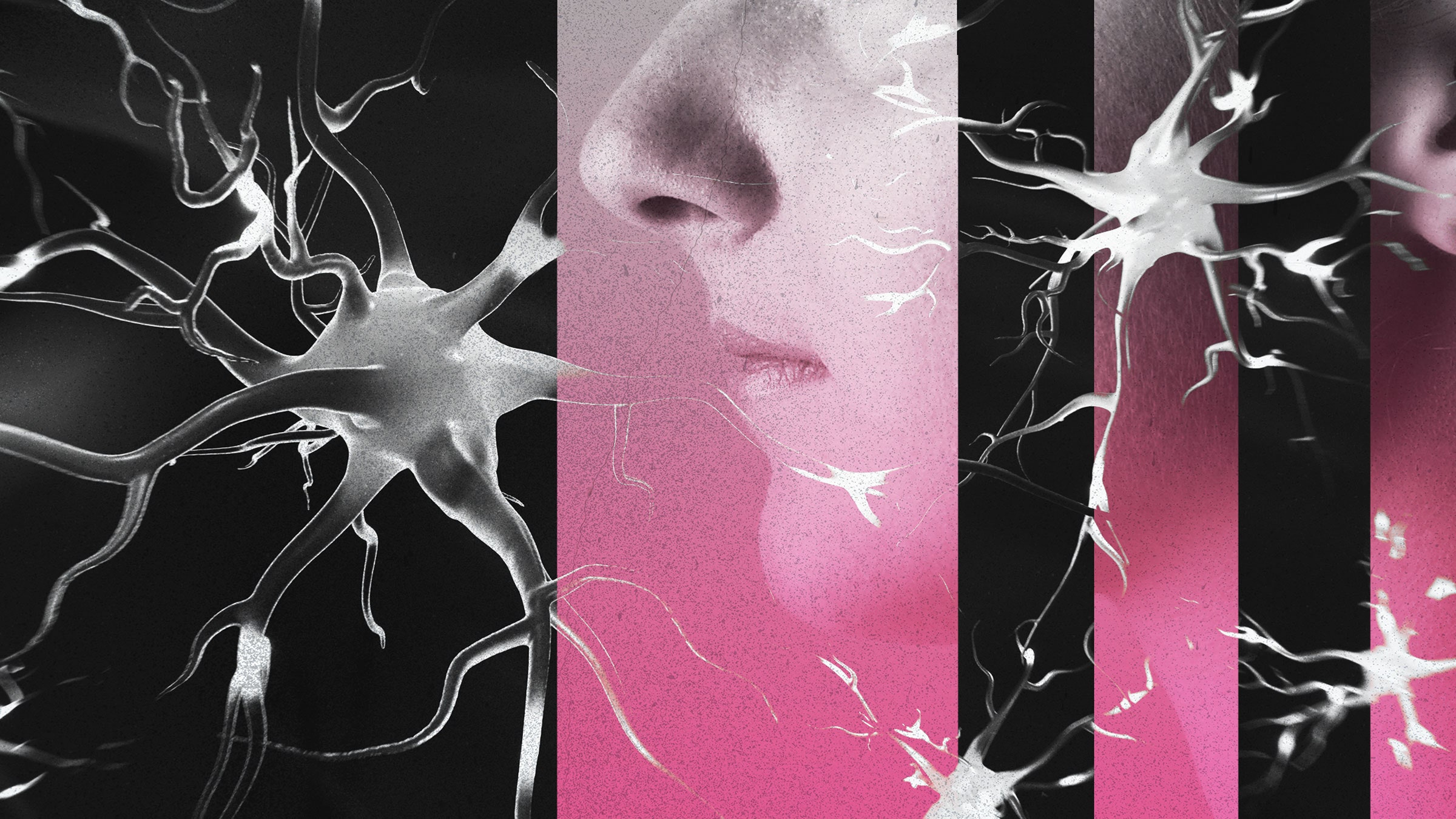A Key to Detecting Brain Disease Earlier Than Ever
A Key to Detecting Brain Disease Earlier Than Ever
In recent years, advancements in technology have revolutionized the way we detect and diagnose brain diseases. One key asset in this…

A Key to Detecting Brain Disease Earlier Than Ever
In recent years, advancements in technology have revolutionized the way we detect and diagnose brain diseases. One key asset in this endeavor is the use of medical imaging techniques such as MRI and CT scans, which provide detailed images of the brain’s structure and function.
By analyzing these images, doctors can identify early signs of brain diseases such as Alzheimer’s, Parkinson’s, and multiple sclerosis. Early detection is crucial in effectively managing these conditions and providing patients with the best possible outcomes.
Researchers are also exploring new biomarkers in the blood and cerebrospinal fluid that can indicate the presence of brain diseases. These biomarkers can help identify at-risk individuals before symptoms even appear, allowing for proactive treatment and intervention.
Another promising approach is the use of artificial intelligence and machine learning algorithms to analyze vast amounts of data and predict the likelihood of developing brain diseases. This technology has the potential to revolutionize early detection and personalized treatment plans.
Education and awareness about the importance of brain health are also key factors in detecting diseases early. Encouraging regular brain screenings and check-ups can help individuals take control of their cognitive health and make informed decisions about their well-being.
Overall, the future of detecting brain diseases earlier than ever looks promising, with a combination of advanced imaging techniques, biomarkers, and artificial intelligence paving the way for more accurate and timely diagnosis. By staying proactive and informed, we can work towards better outcomes for those affected by these debilitating conditions.





